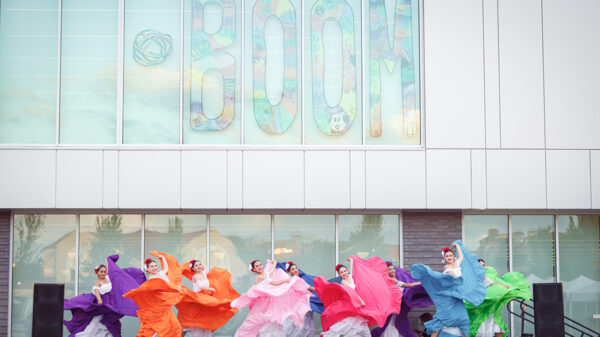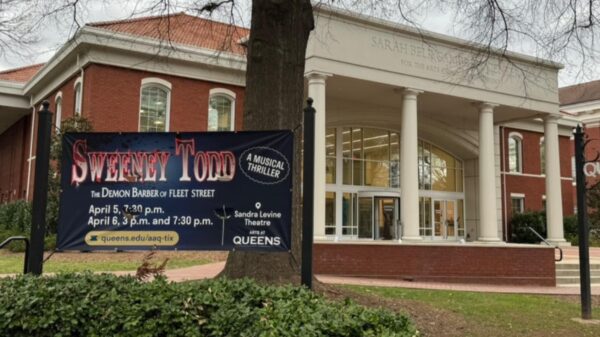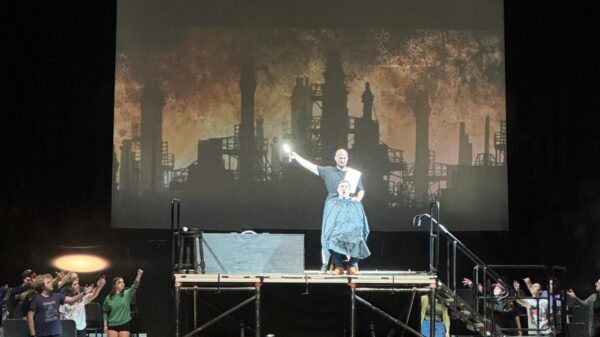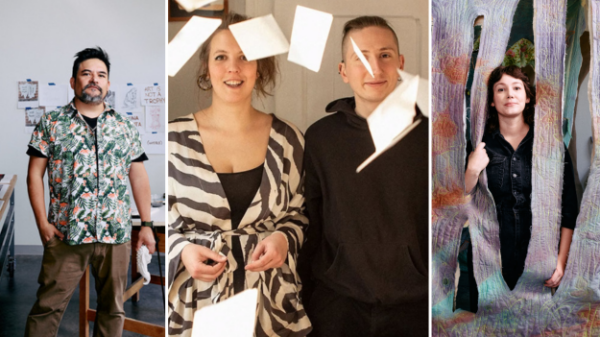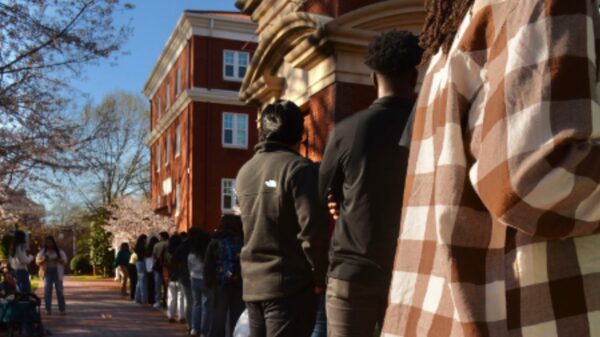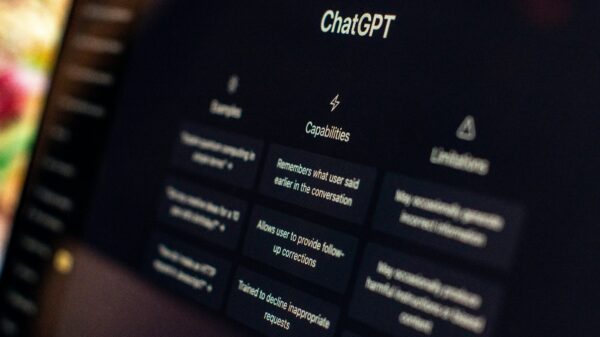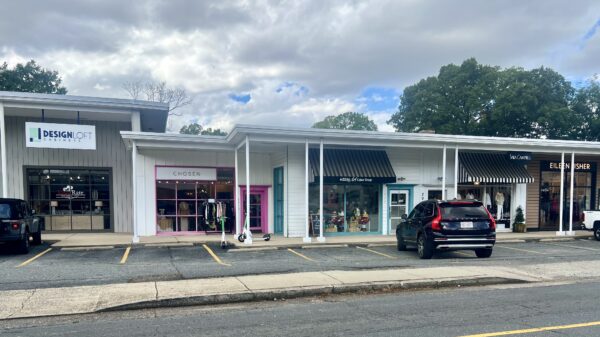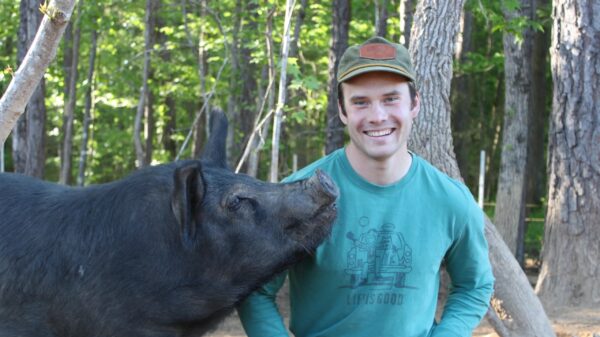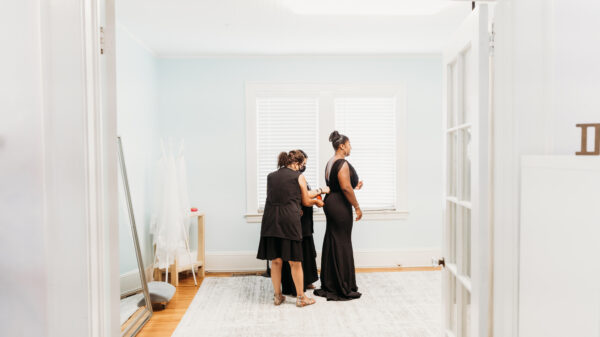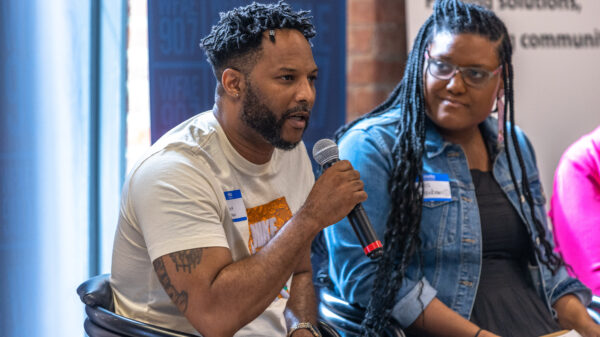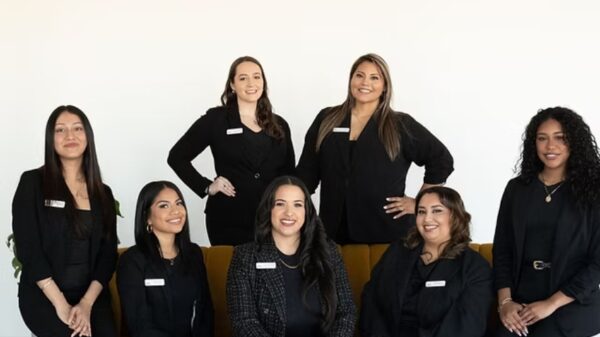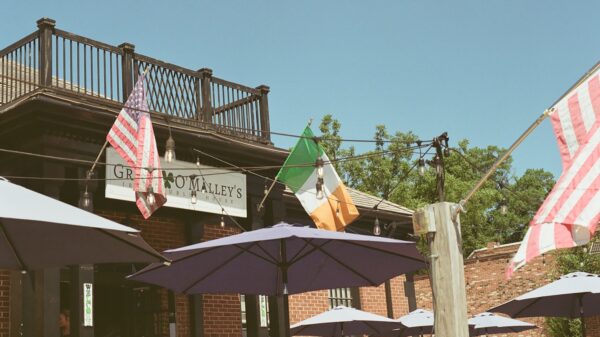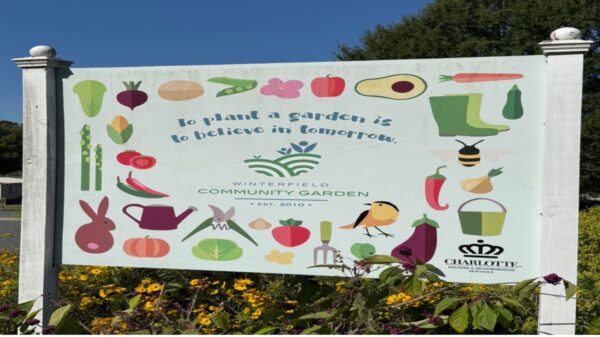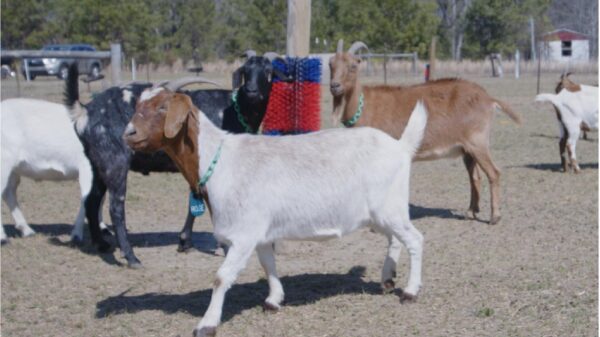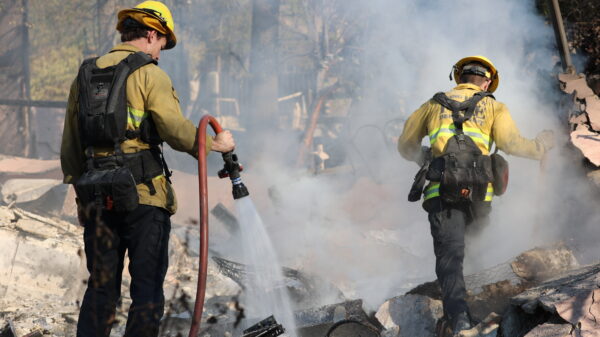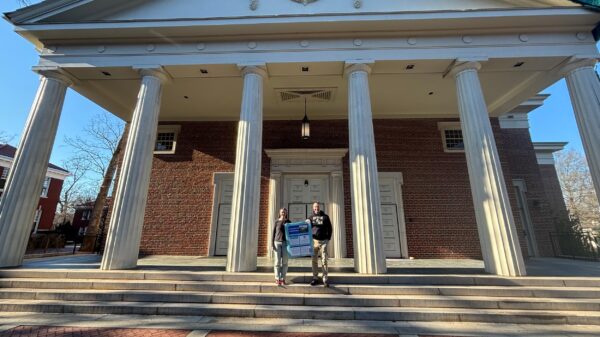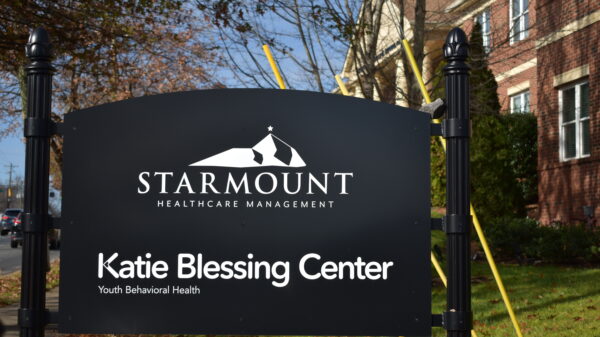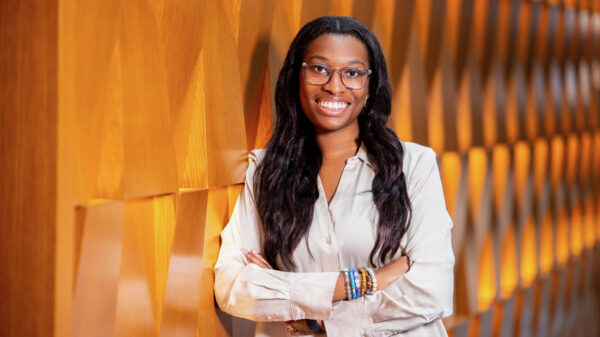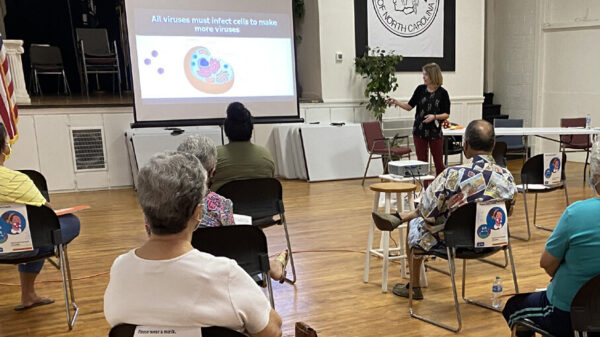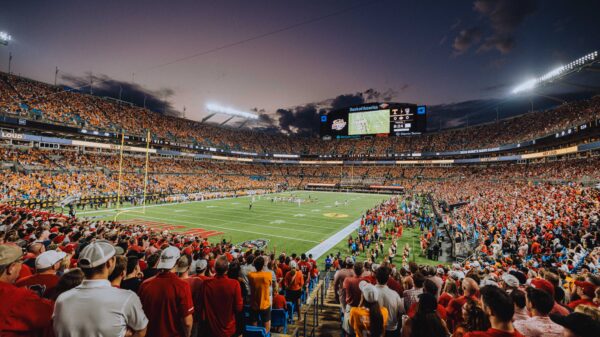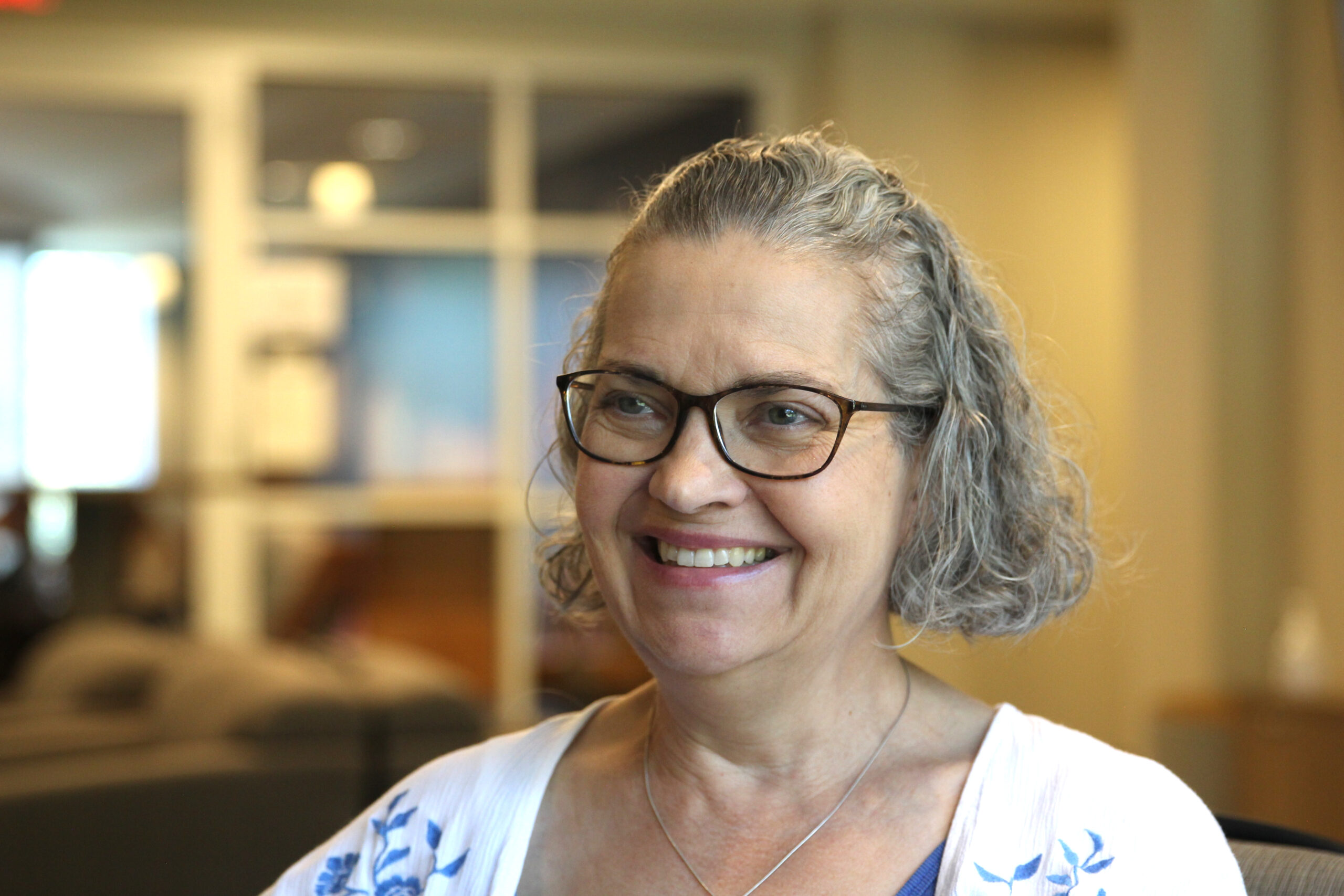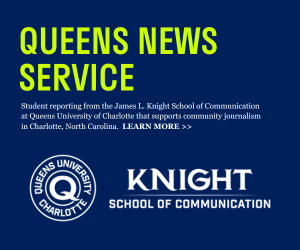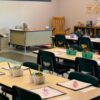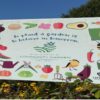What does MeckMIN do?
We represent nine different faith groups in the Charlotte Mecklenburg area. All of those faiths call their adherents to love their neighbors. But it’s hard to love a neighbor that you don’t know well. So all of our work is about helping people get to know each other well so that we can love each other well.
What faith are you personally a part of?
I am an ordained Baptist minister, so I’m Christian. I grew up Baptist and went to a Baptist college, ended up working for a Baptist church, and then a Baptist nonprofit. All along the way, there were a lot of places in which I was interacting with people from other faiths and always finding that really enriching…. When I was just a kid, when the Israeli-Egyptian peace accords were signed, I remember so strongly an interview I heard with President Jimmy Carter. And the interviewer basically said, ‘Begin is a Jew, and Sadat is a Muslim, and you’re a Christian. Doesn’t that make it hard for you to negotiate?’ Carter said, ‘No, it makes it much easier for us to negotiate….I actually feel like I have a greater connection with them, because they are also men of deep faith, than I do with somebody who’s nominally Christian, but not really active in the faith.’ And I have to say that has actually been my experience. When you’re talking with someone who’s really passionate about Sikhism, or about Baha’í, there’s this joining of your spirits. It’s really amazing.
What happens when MeckMin brings people of different faiths together?
We find a lot of commonalities. Sometimes people are surprised about that. In one of those events, for example, we had folks from the Muslim community center, and from the Church of Jesus Christ of Latter Day Saints, so they’re Muslim, they’re Christian, and they’re coming together. And they realized that they had a lot of things in common, including tremendous appreciation for scripture, a tremendous devotion to the family, a real concern about how you practice your faith and how you live in the world, and how that impacts your family and your relationships. We had an event this past weekend with some scholars and one of the Jewish scholars said, ‘you can tell when a friendship is progressing, when you start talking about more contentious things.’ So our hope and our reality has been that when you set things up correctly, you do find all those commonalities. And then you make it safe for people to talk about differences and disagreements, which to me is where the energy and the interest is.
Can you describe a situation where that happened?
Pre-pandemic, our board chair, who is an imam, said we should bring people from different faiths together to talk about how they understand Jesus. So we had a panel with a Jewish cantor, two Christians, one fairly conservative, one more progressive, and then Imam [John] Ederer himself coming from the Muslim perspective. They each spoke in turn from their traditions, how they understand Jesus…. As a Christian I learned a lot, particularly from the Jewish cantor…. And I remember walking away from that event feeling like as a Christian I understood forgiveness in a completely different way than I had before. And it was a Jewish cantor who had explained it to me.
With the current environment of political polarization, how does that impact bringing people from different faiths together?
The thing that makes really violent polarization possible, is being able to dehumanize people. Once you do that, violent rhetoric and actual physical violence, can result. You see that in the periods of history where physical violence has been done against groups of people. Sometimes when people sit down, and they talk – somebody who might be pro-choice, or somebody who’s pro-life – they may realize that some of their values are very similar.
If it weren’t for my work with MeckMIN, I don’t think I would know anybody who thinks politically differently than I do, and that would be a loss for me.
What happens when issues like abortion, LGBTQ rights, Native Americn land, prayer in school, book censorship, get brought up?
At our last open tables event, which is a dinner and dialogue, I was at a table with people from much more traditional conservative traditions than mine. And LGBTQ did come up. There was a gay man at the table and we had a really good conversation, and it was very loving and caring…. It’s super difficult if the first time you talk to somebody is to talk about something like Roe v. Wade. That’s probably not a conversation that’s gonna go well.
What’s important that I haven’t asked about?
A lot of times people are reluctant to do interfaith because they feel like they have to water down their own faith. I actually think that it’s the opposite. It’s when we’re really grounded in our own traditions that we have the best conversations. When you come to an interfaith event, you’re coming as a Hindu or as a Muslim, or as a Christian. And it is perfectly okay to share that identity. In fact, that’s kind of the whole point.
This interview was edited for length and clarity.

